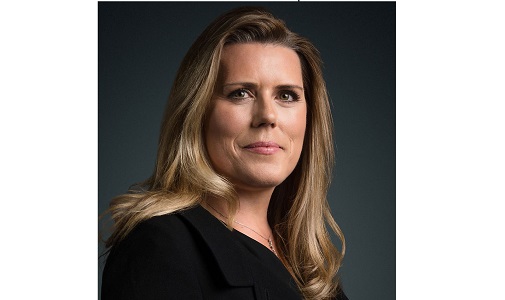
For International Women's Day 2022, Rachel Spearing encourages colleagues to find time to breathe.
Since starting the conversation about ‘wellbeing at the bar’ in 2012, I have seen an empowering change for women surrounding the conversations that are being had on this topic. Not only with themselves, in quiet reflection of their needs, but with others regarding their rights and freedom to find time to breathe and grow in their personal lives and practice-management.
Qualitative data and statistics from the Bar Council's Working Lives and Wellbeing research provides a rich source of information regarding the journey of women at the bar. We know from the evidence that retention and progression of women is integral to their ability to operate flexibly, women also need to be supported when their practice is challenging due to caring commitments, confidence issues, crisis, or times when their current practice area requires diversification or development.
The key findings of the Working Lives and Wellbeing 2021 report showed that 1 in 3 barristers have low overall wellbeing; 1 in 3 feel down or in low spirits; less than half are managing their workload well, and worryingly 1 in 3 are not coping with their workload. Furthermore, 2 in 3 report high levels of perfectionism (dwelling on mistakes or being overly critical of oneself); 2 in 3 get support from their colleagues and workplace; women and younger barristers have lower wellbeing than men and more senior barristers; barristers working in crime have lower overall wellbeing than those in other practice areas; employed barristers have better wellbeing than self-employed barristers; those working in London have higher wellbeing than those on Circuit; barristers who report any type of bullying or harassment report lower levels of wellbeing; and barristers who have poor wellbeing are using the Bar Council's resources and support that is available.
More than 60% of barristers surveyed demonstrated high levels of perfectionism. It is not surprising that barrister’s traits and behaviours are hard-wired to this concept given the job description and demands of our profession. Our future and reflective risk analysis adds rumination and replays of the challenges. Therefore, it is axiomatic that many burnout or feel unable to combine work, life, and practice.
The data and research tell us that we must continue to lead and support the work to improve wellbeing and quality of life at the Bar. Gladly there are now a host of associations supporting diversity, inclusion, mentoring and progression of women. As a profession we are realising that it is not only important to find time to have conversations, but to give people the permission to find time to breathe.
Notwithstanding the concerning data and anecdotal stories, reading the wellbeing pages of Counsel Magazine and the Twitter feeds of students, pupils, practitioners, and Presidents of Judicial Divisions, fills me with hope and optimism.
Planning and sustaining a career at the Bar takes more than just academic and advocacy skills. The World Economic Forum places wellbeing and resilience as one of the 5 key skills required for legal practice. ICCA now prioritises wellbeing resources alongside their core legal learning, reporting unprecedented access to supportive modules. Barristers are now combining mindfulness, aromatherapy and coaching alongside their core practice areas.
Judges are also recognising and facing the challenges of the court room with more compassion and kindness. A young pre-pupil sent me a picture of her pupillage planning, it included her Pupillage Gateway goals, pictures of her loved ones for social support, ideas for relaxation and nutrition, and her mantras to support recovery from rejections and set backs.
As I look back and lean in to support and educate around wellbeing, I am inspired by those behind me who will continue to teach those around them and share their needs. For the rest of us, still emersed in a frantic world, we must remember to find time and give ourselves permission to breathe.
Rachel is the co-founder of Wellbeing at the Bar. A Bencher of the Honourable Society of Inner Temple and a practitioner at Serjeants Inn Chambers.
Access more information and blogs about Women in Law.